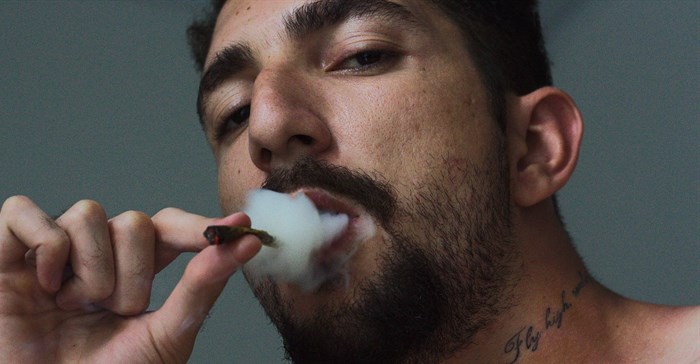
Also, while judges may make rulings in one court regarding another field of law thinking that it grants a person a particular right, a judge in a labour court may make a ruling in a different context which opposes a “legal practice” established by the highest court in the land, he says.
“For instance, in 2017, the Constitutional Court ruled that a person is entitled to use cannabis or marijuana, provided it is within the confines of their home. However, no mention was made of the use of the substance at work or elsewhere.
“The question remained whether you should be allowed to go to work while the substance in your body is detectable in your urine or blood,” says Wilimiec.
The case Marasi v Petroleum Oil and Gas Corporation of South Africa (SOC) Limited [2023] 10 BLLR 1043 (LC) (‘PetroSA’) highlights that while the Constitutional Court ruled that individuals may use cannabis privately, employers must ensure that no employee is permitted to enter the workplace with a level of substances in their bodily fluids higher than the limits set by the employer, he says.
In Marasi v PetroSA, the applicant in the Labour Court was Mr Marasi, a communications technician, who tested positive for cannabis while wanting to enter the Mossel Bay Plant of the company.
Marasi had advised his employer that he wanted to attend an 18-month traditional healer’s course in Mossel Bay and had been transferred from PetroSA’s Cape Town plant at his request. The company’s Mossel Bay Plant fell within the jurisdiction of the Mines Health and Safety Act number 29 of 1996 (as amended).
PetroSA had a policy governing substances in the workplace and had made allowance for random and systematic testing for substances such as LSD, methamphetamine, cannabis and alcohol. For cannabis, the maximum limit was 50 nanograms per millilitre (n/ml).
The test to which Marasi was subjected was carried out in Cape Town, where he admitted that he was a cannabis user and would also use cannabis while on the traditional healer’s course.
It was established that he did not take cannabis per a medical prescription from his medical practitioner. The employer had several tests done on Marasi. In all instances, he tested above the substance policy-based limit for cannabis.
The last test result was released before he entered the Mossel Bay-based workplace, which led to him being denied access to the plant because he was unfit for duty. He was advised that he would be allowed access after passing a medical test.
Marasi, whose legal action was based on section 6 of the Employment Equity Act 55 of 1998 (as amended), mistakenly viewed the denial to enter the workplace as an unfair suspension.
“The labour court ruled that Marasi had failed to prove his allegations against PetroSA before the court, therefore upholding the employers’ right to deny employees entry to the workplace when the substance in their body is detectable in their urine or blood at higher levels than set by management,” says Wilimiec.